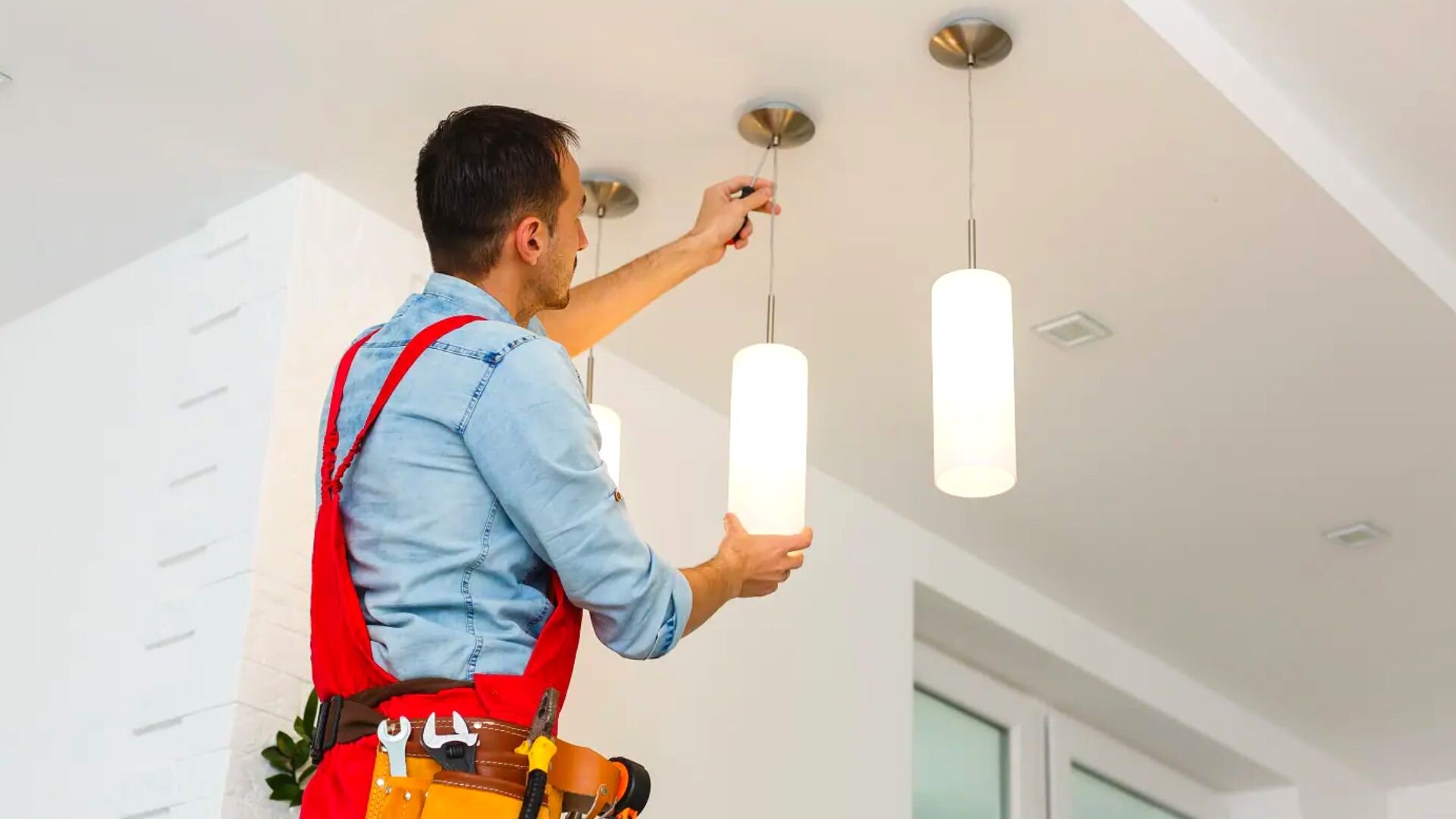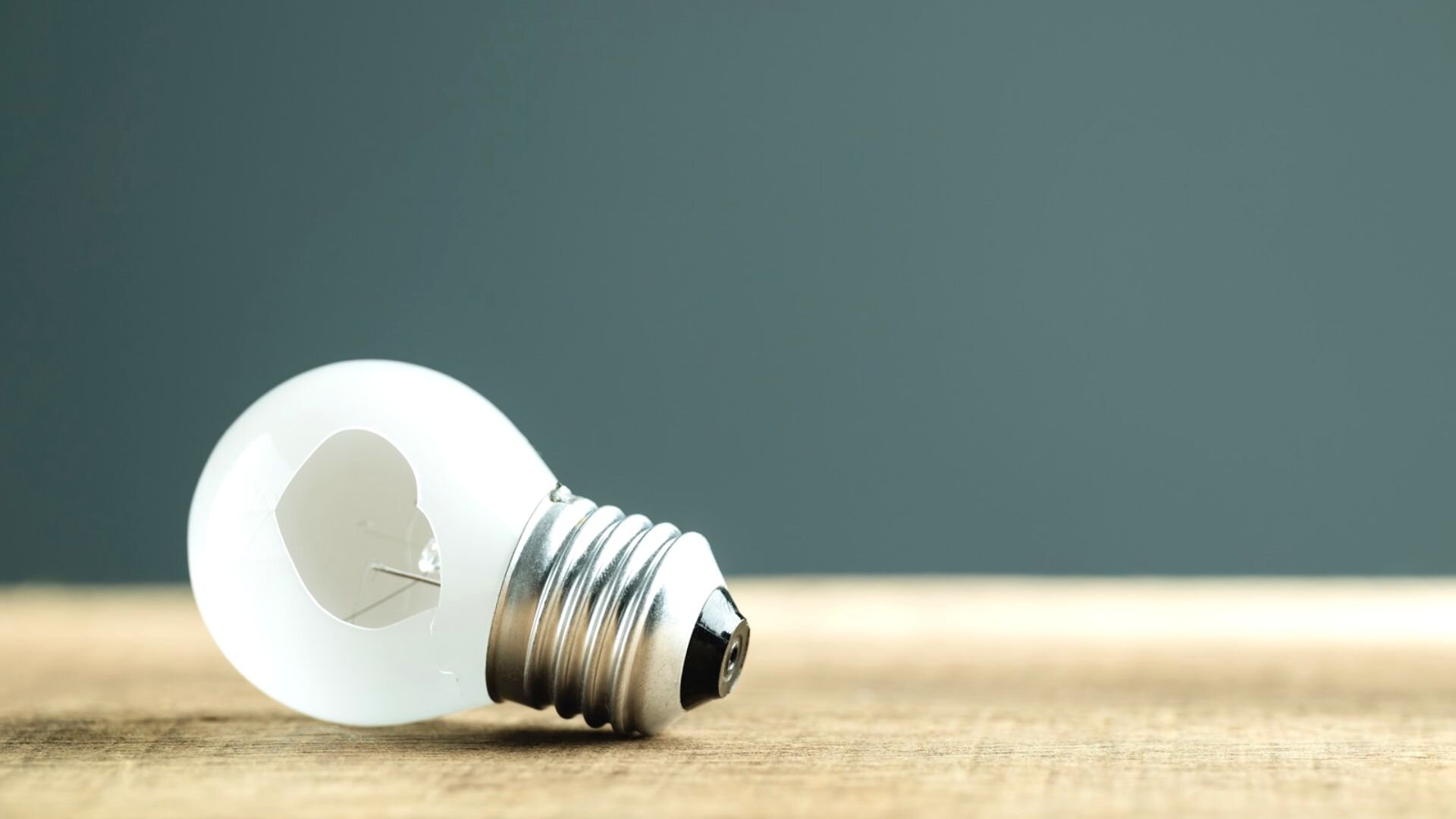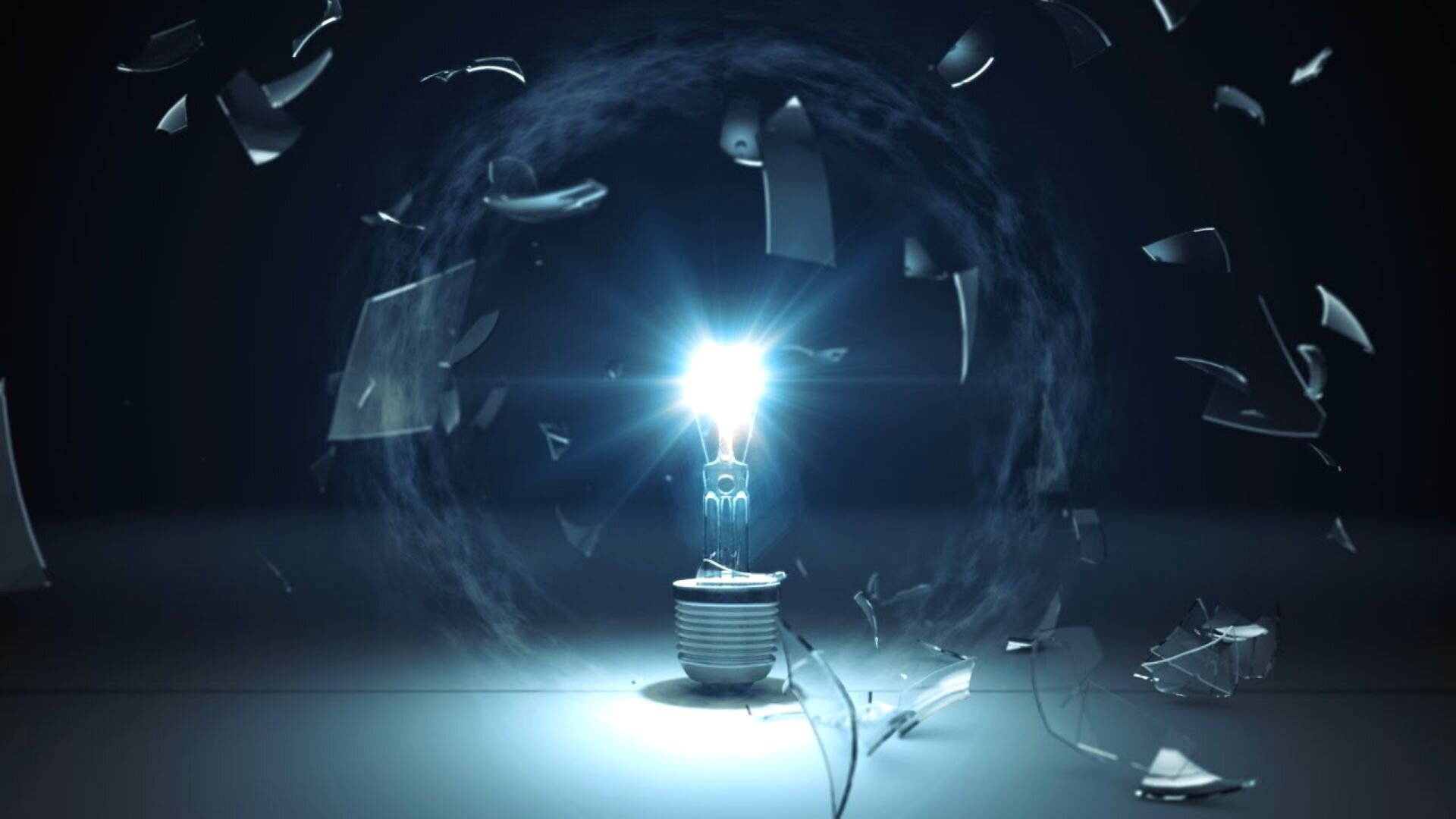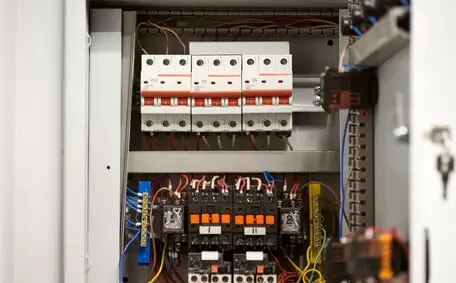The sun has already set, and you’re on your way home. But as soon as you enter, you realise the lights are not working.
Your light bulb is exploding, but why does this happen? One reason could be insufficient insulation at the bulb’s base, causing overheating. But that’s not the only cause; several factors contribute to light bulbs exploding.
Now, it always seems like the light bulb explodes at the wrong moment—not that there’s ever a good time to be left in the dark! Fortunately, our cell phone flashlight can now help us avoid smashed glasses while we replace the bulb.
However, it would be best to prevent such explosions to avoid inconvenient and often dangerous situations. So, why does a light bulb explode? In today’s guide, we’ll explore the causes of exploding light bulbs and how to prevent them.
Do Light Bulbs Explode?
Yes, but not in the dramatic way shown in movies or television shows. A light bulb explosion produces more of an internal “boom” or loud bang without breaking into a gazillion fragments. However, broken glass shards are hazardous, especially when pets or children are present.
Why Do Light Bulbs Explode?
Several common scenarios can cause a light fixture to explode unexpectedly. Some stem from user error, while others result from the fixture’s design. Here, we’ll highlight the most frequent causes behind exploding bulbs.
![Electrician Installing Light Fittings Electrician Installing Light Fittings]()
1. Improper Insulation
When the bulb’s metal base is not adequately insulated, there is an explosive danger. As the light bulb base gradually decays, this causes a pressure imbalance. This is a technical error on the part of the light bulb manufacturers.
2. Loose Connections
Loose wire and socket connections can result in an electrical current that overheats the bulb, potentially causing it to explode. An irregular flow occurs when the bulb isn’t tightly secured, making it prone to exploding.
3. Mismatched Bulb Wattage
Matching bulb wattage with your light fixture is crucial. Just because a bulb fits the socket doesn’t mean it’s the right match for the fixture.
Choosing the wrong wattage is the user’s responsibility and can lead to a burst or power surge. Guessing with a low-wattage bulb isn’t wise, as it may still explode.
4. Excessive Fixer Vibration
Flickering often arises from movement in or around the fixture, and ignoring it can damage the device and LED bulb. This issue is a common user error, especially with older fixtures.
5. Greasy Hands
Homeowners usually underestimate the dangers of fixing light bulbs with oily hands. Any oil residue is unhealthy, but what’s overlooked is how much organic bodily oil creates problems. Hence, ensure you wear gloves while handling light bulbs to prevent this user mistake. And always remember to clean your light fitting regularly (and correctly).
6. Faulty Components
Just like any manufactured product, light bulbs can have defects. Faulty components might be the socket, filament, electrics, or glass, and pinpointing the exact issue can be tricky if it bursts.
The best approach is to inspect bulbs before purchase for irregularities. If you find a problem, replacing with a new bulb is your safest bet.
![Broken Lightbulb Broken Lightbulb]()
What Types Of Lightbulbs Explode?
Incandescent bulbs
Incandescent bulbs are the most common type of light bulb. They work by heating a thin filament inside the bulb until it glows. Incandescent bulbs are not energy-efficient and can explode if not installed or exposed to high temperatures.
Halogen bulbs
Halogen bulbs are incandescent bulbs that use halogen gas to increase the filament’s life. Halogen bulbs are more energy-efficient than incandescent bulbs but can still explode if not installed or exposed to high temperatures.
Fluorescent bulbs
Fluorescent bulbs work by passing electricity through a gas, which causes the gas to emit ultraviolet light. The ultraviolet light then hits a phosphor coating on the inside of the bulb, which converts it into visible light. Fluorescent bulbs are more energy-efficient than incandescent bulbs and last much longer. However, they can contain small amounts of mercury, which can be harmful if released into the environment.
LED bulbs
LED bulbs are the most energy-efficient type of light bulb. They work by passing electricity through a semiconductor, which emits light. LED light bulbs last much longer than incandescent bulbs and fluorescent bulbs and do not contain mercury. However, they can be more expensive than other types of light bulbs.
What Happens When Light Bulbs Explode?
Do not try to remove an exploding light bulb with your hand. The shattered glass pieces are jagged, and there is a risk of electrocution due to poor insulation. Clean up the explosion site and leftover glass so there are no risks while changing the light bulb.
Please turn off the breaker and gently remove the damaged lightbulb from its socket with gloves. Doing so ensures that the damaged bulb has cooled before you attempt to remove it. Finally, proceed to clean the space several times during the week.
Glass fragments are easy to overlook, yet they only need one to inflict catastrophic harm.
![Exploding Light Bulb Lamp Exploding Light Bulb Lamp]()
And That’s Why Your Light Bulb Exploded!
That brings us to the end of our guide about light bulbs exploding!
If you want to replace your light bulbs and ensure that none of your sockets is faulty, contact Bright Force Electrical. We are a group of experienced electricians serving the whole Sydney metropolitan region. We have a staff of trained electricians with over 15 years of industry experience to assist you with your electrical service requirements.
We ensure the task is done correctly, whether it is a loose connection, electrical repairs fault-finding, switchboard update, complete house set-up, or an emergency job. So, call us today and get rid of electrical issues once and for all! Our qualified electrician is available 24 hours a day!
Looking for more lighting advice? Dive into our guide on the best lighting options for your outdoor space!
See you in the following guide!











